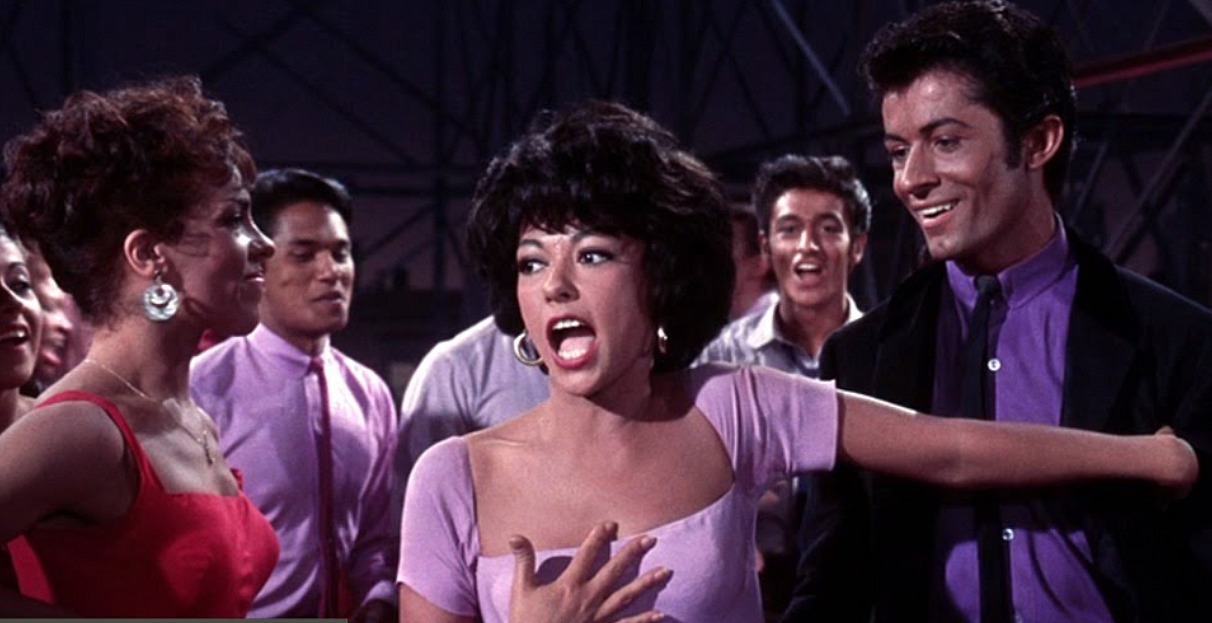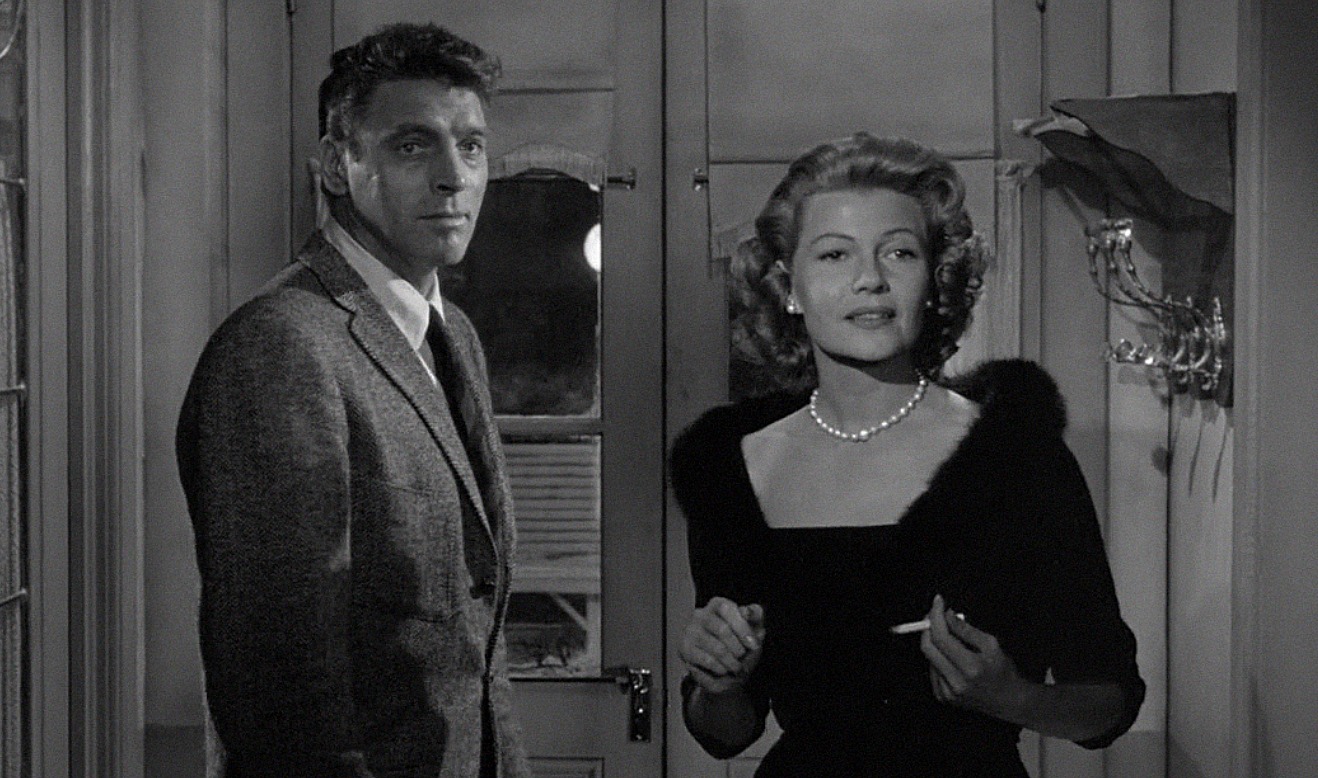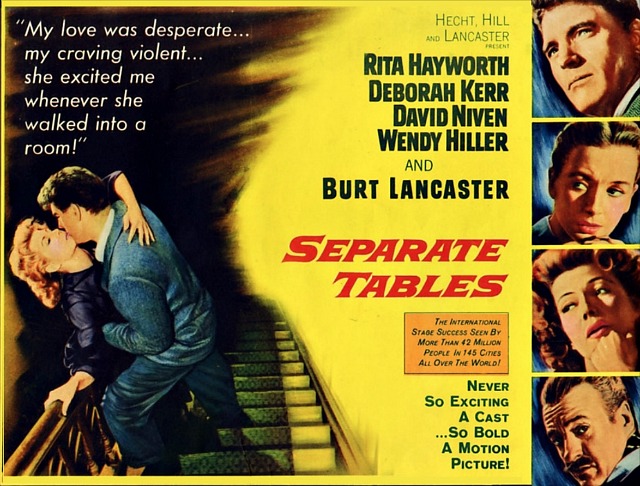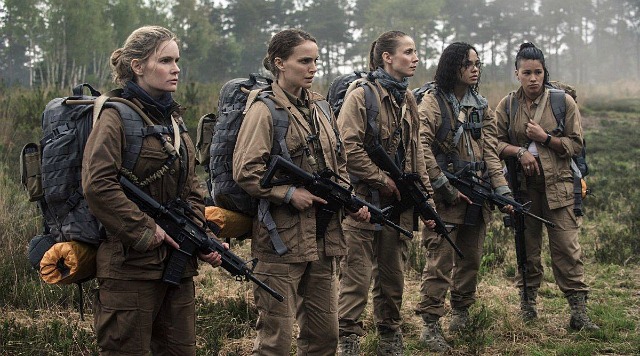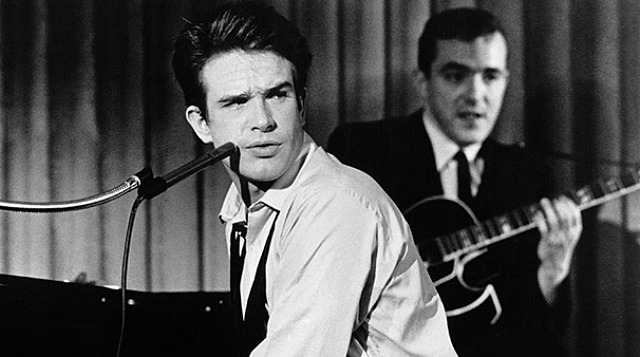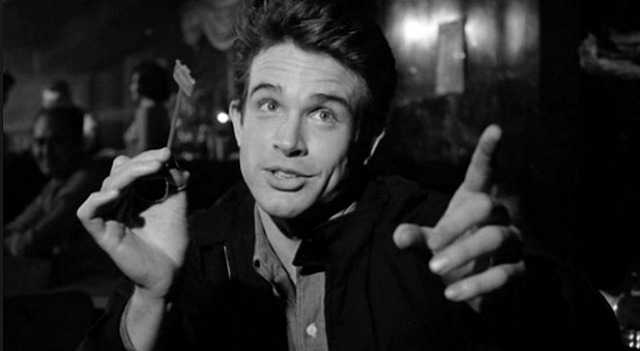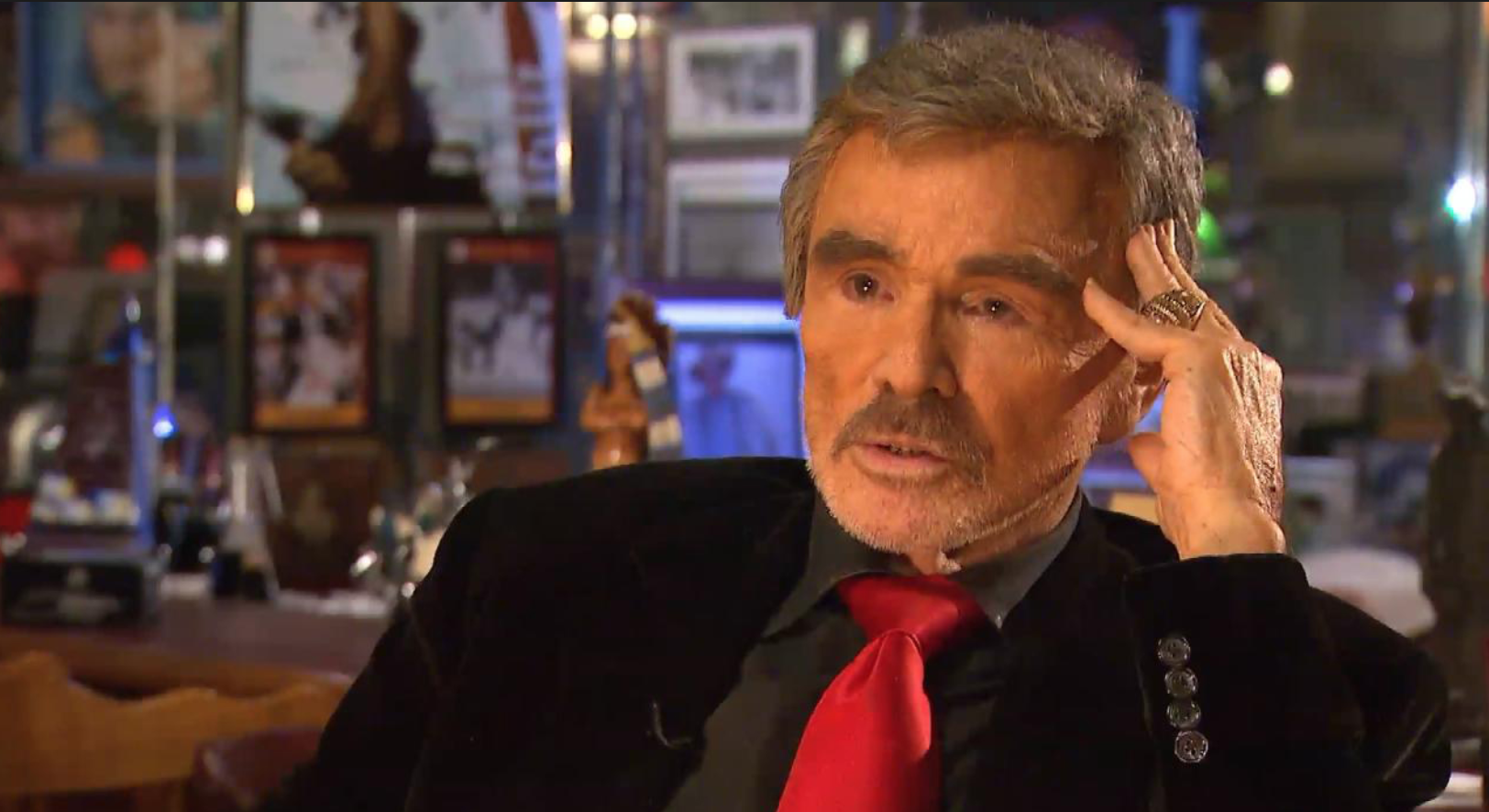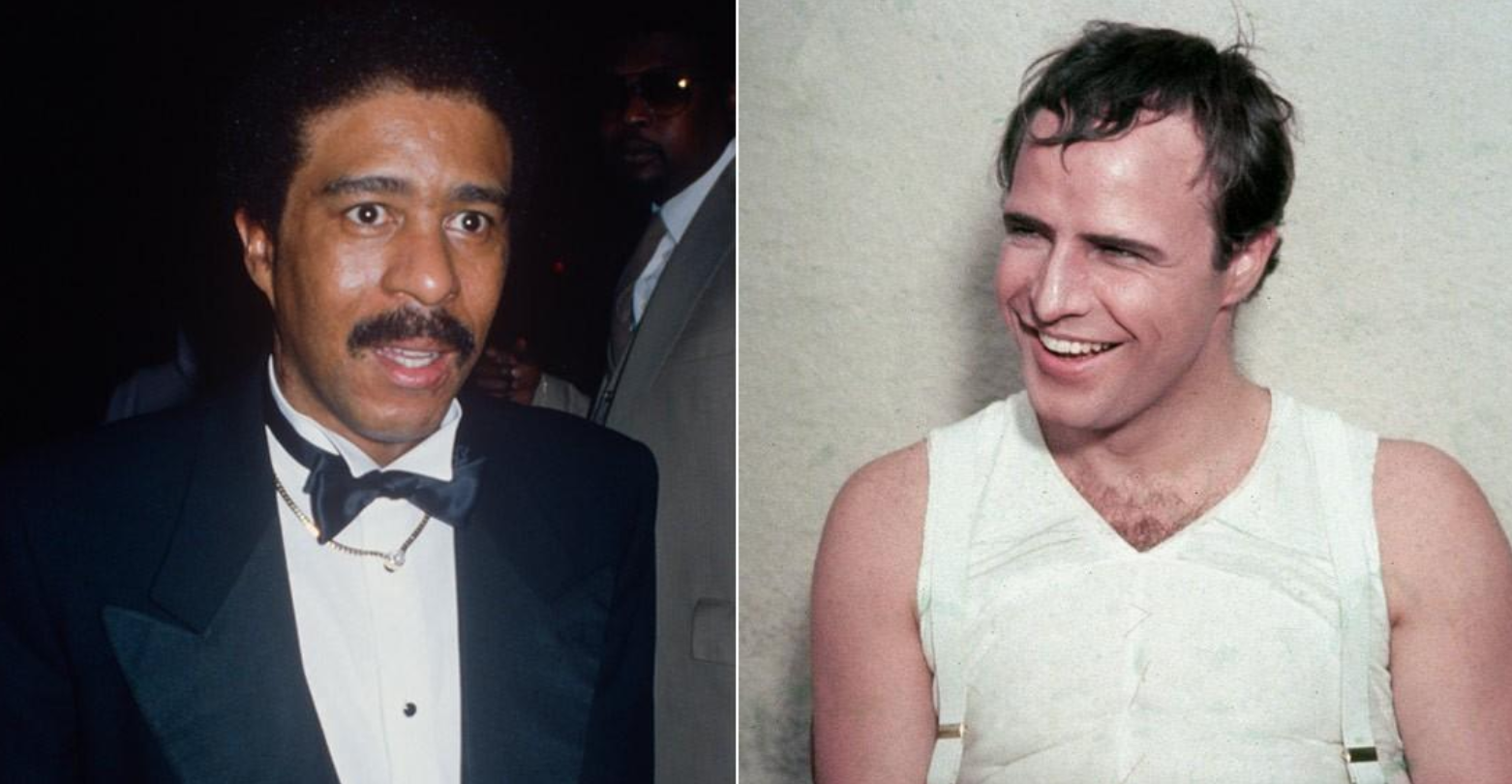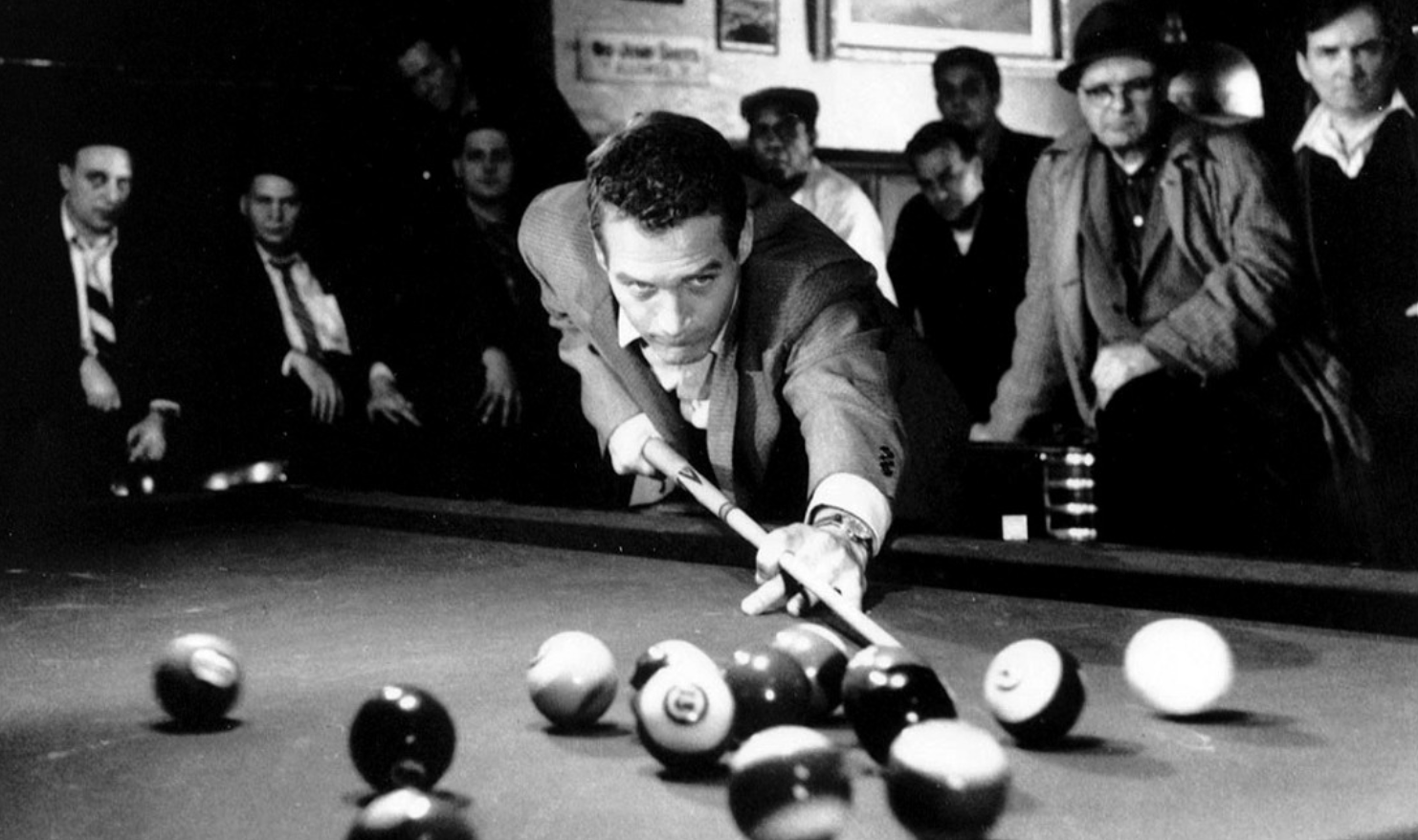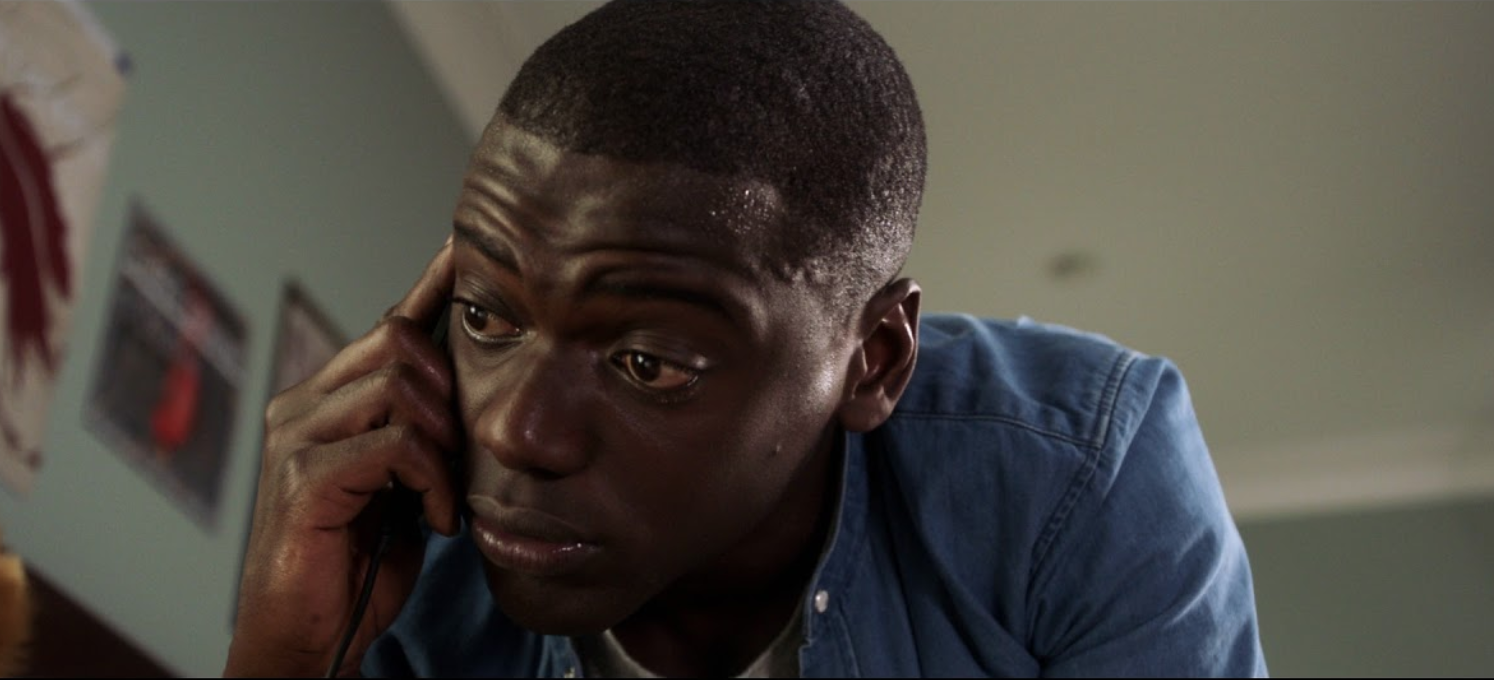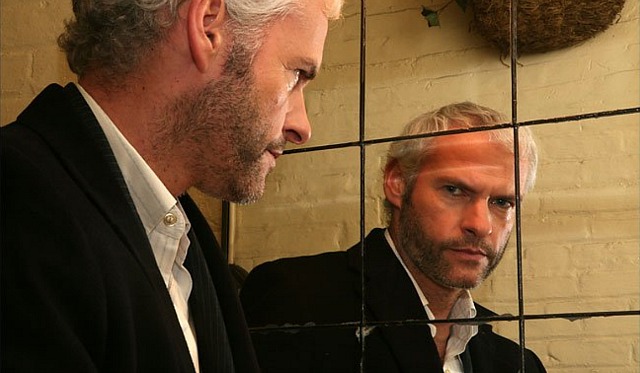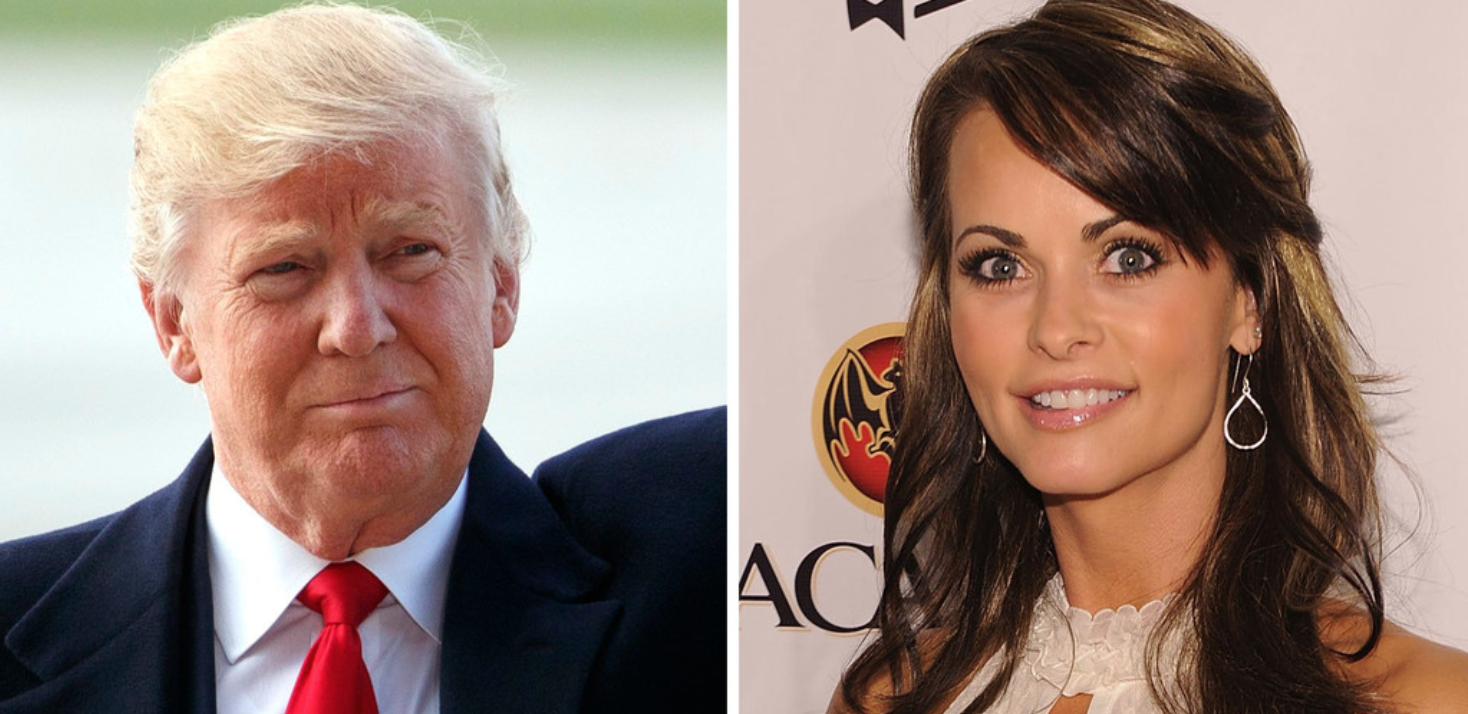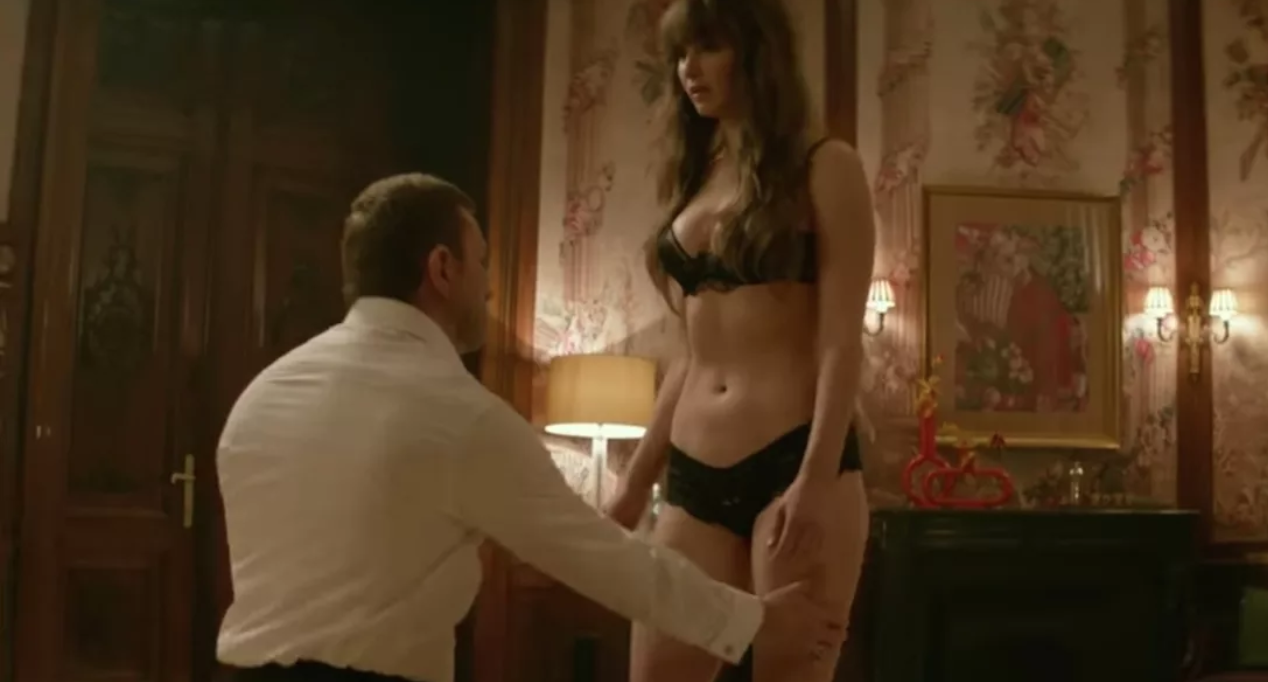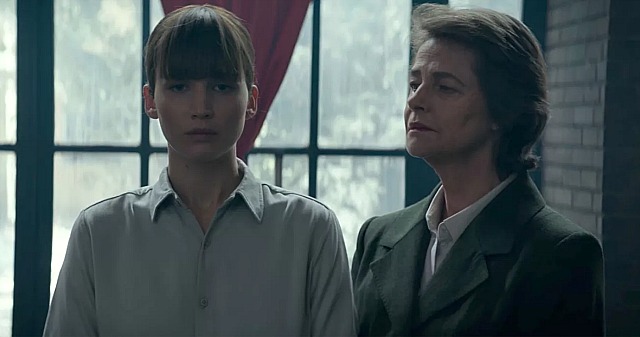Yes, we know — winning an Oscar is about class, honor, pride, accomplishment. Or at least the illusion of same. About notching a moment in history and saying “Yes, I did that” or “I was a part of that, and therefore my life has a measure of value and meaning.” This kind of thing means more to serious filmmakers than, say, costarring in the latest Dwayne Johnson movie and saying “whoa, people really paid a lot of money to see this piece of shit!” Because one day they’ll be dead, and they can’t take it with them.
In David Lean‘s Lawrence of Arabia, Jose Ferrer portrays a Turkish Bey who feels alone and isolated in the remote city of Daraa. At one point Ferrer looks sadly at the stupid Turkish solders under his command and sighs to Peter O’Toole‘s Lawrence, “I am surrounded by cattle.”
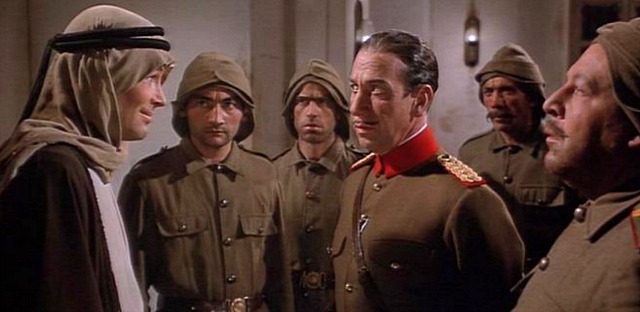
Peter O’Toole and Jose Ferrer during the Daraa garrison scene in
Lawrence of Arabia.
Today Hollywood Elsewhere readers can say the same thing with even greater conviction and melancholy. Who among them would argue that they’re not surrounded by tens of millions of primitives whose ADD appetites are incapable of processing anything outside the fantasy escapist woo-woo realm, at least as far as theatrical viewings are concerned?
Chris Nolan‘s Dunkirk, a Best Picture nominee, was the best-reviewed, the artiest, the most visually distinguished and thoroughly believable action-driven film of 2017. So far Dunkirk has made a fair amount of coin — $188,045,546, which is $12 million more than the $176 million earned domestically by Get Out, another Best Picture nominee.
But the megaplex morons paid much more to see Star Wars: The Last Jedi ($617,116,708), Beauty and the Beast ($504,014,165), Wonder Woman ($412,563,408), Guardians of the Galaxy, Vol. 2 ($389,813,101), Jumanji: Welcome to the Jungle ($367,410,756), Spider-Man: Homecoming ($334,201,140), It ($327,481,748), Thor: Ragnarok ($314,352,974), Despicable Me 3 ($264,624,300), Justice League($228,585,922), Logan ($226,277,068), The Fate of the Furious ($226,008,385) and Coco ($206,323,103).
Read more

